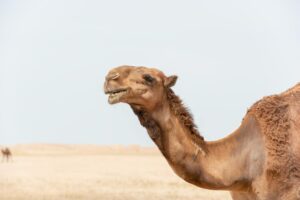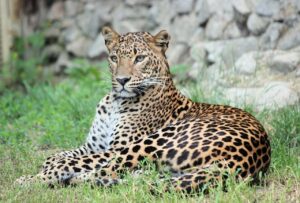Wild gorillas lead scientists to plants that may be effective against certain types of bacterial infections.
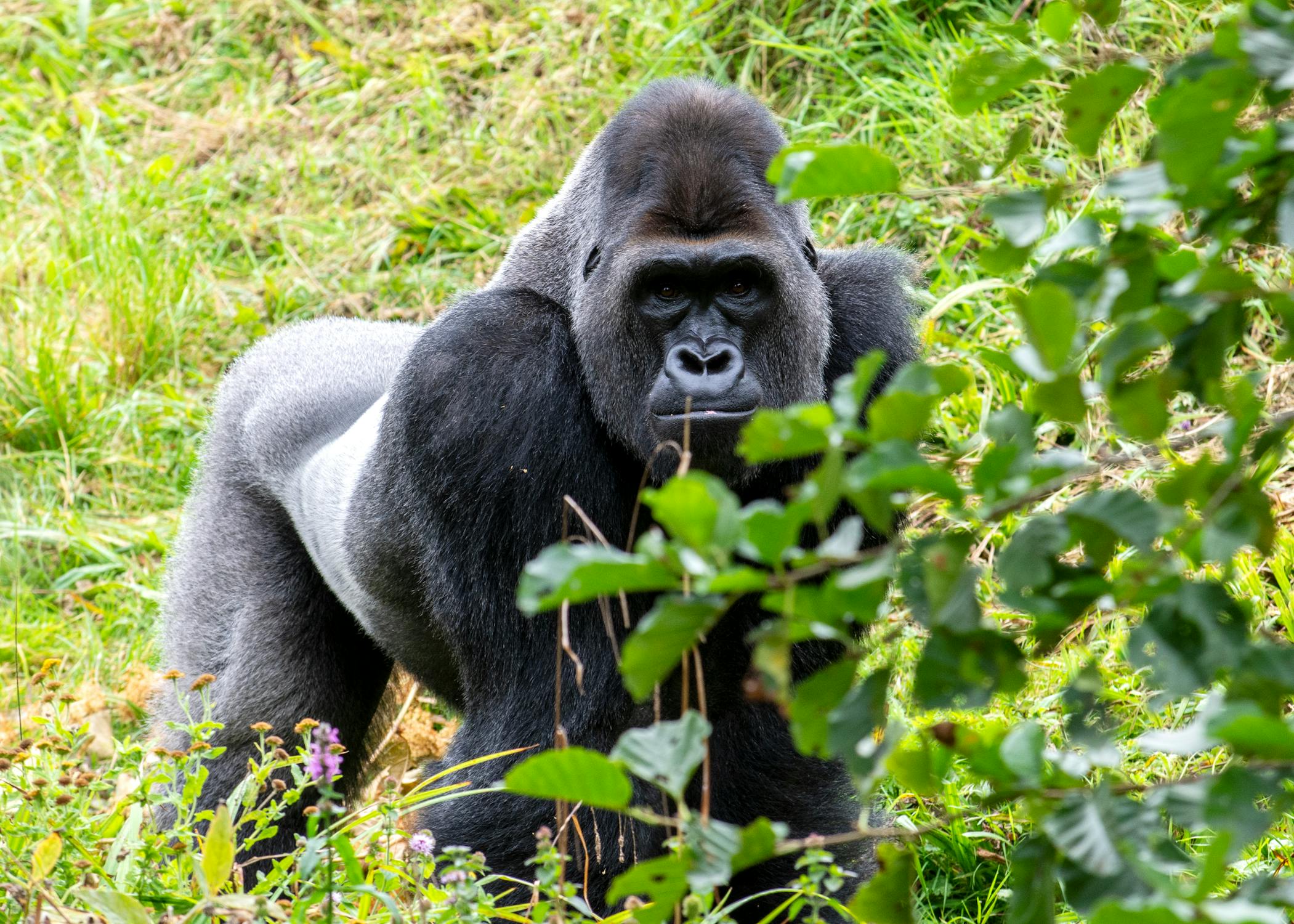
Some scientists say that the possibility of gorillas self-medicating could help in discovering future medications.
Researchers in Gabon studied the tropical plants eaten by wild gorillas,, which are also used by local healers, and identified four of them with beneficial medicinal effects.
Laboratory studies revealed that those plants contain a high percentage of antioxidants and antimicrobial agents.
One of them showed great effectiveness in combating drug-resistant bacteria.
It is well known that large monkeys treat themselves by selecting plants with medicinal properties.
The injured orangutan has recently made headlines after being observed using a plant-based paste to treat its injury.
In the latest study, botanists observed several plants being eaten by gorillas in the Moukalaba-Doudou National Park in Gabon.
The scientists selected four trees that are likely to be beneficial, based on interviews with local healers, including the calabash tree, the giant yellow mulberry, the African teak, and fig trees.
The bark of these trees—used in traditional medicine to treat everything, including stomach pains and infertility—contains chemicals with effective medicinal properties, particularly phenols and flavonoids.
The four plants showed antibacterial activity against at least one strain of multidrug-resistant bacteria, specifically Escherichia coli. The researchers say that the kapok tree, in particular, demonstrated “clear efficacy” against all tested strains of the bacteria.
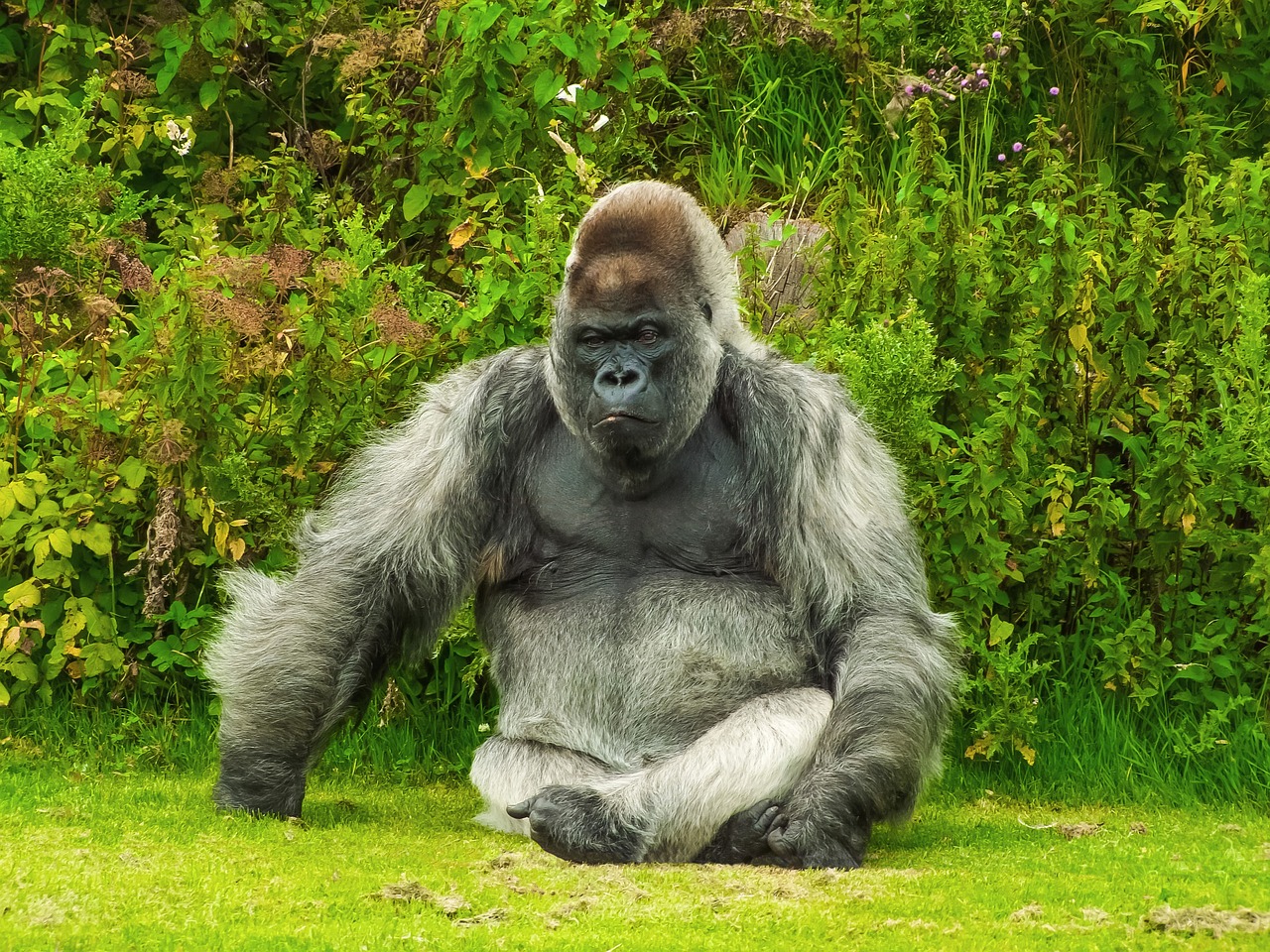
Dr. Joanna Setchell, an anthropologist at Durham University in the UK, who worked on the study with scientists from Gabon, said that this indicates that “gorillas have evolved to eat plants that benefit them, highlighting the huge gaps in our knowledge of the rainforests of Central Africa.”
Gabon boasts vast unexplored forests, home to forest elephants, chimpanzees, and gorillas, as well as many plants unknown to scientists.
Overhunting and the spread of diseases have led to the disappearance of a large number of gorillas in the wild, and they are now classified as endangered on the International Union for Conservation of Nature’s Red List.
The results of this study were published in the PLOS ONE journal, issued by the Public Library of Science in the United States.
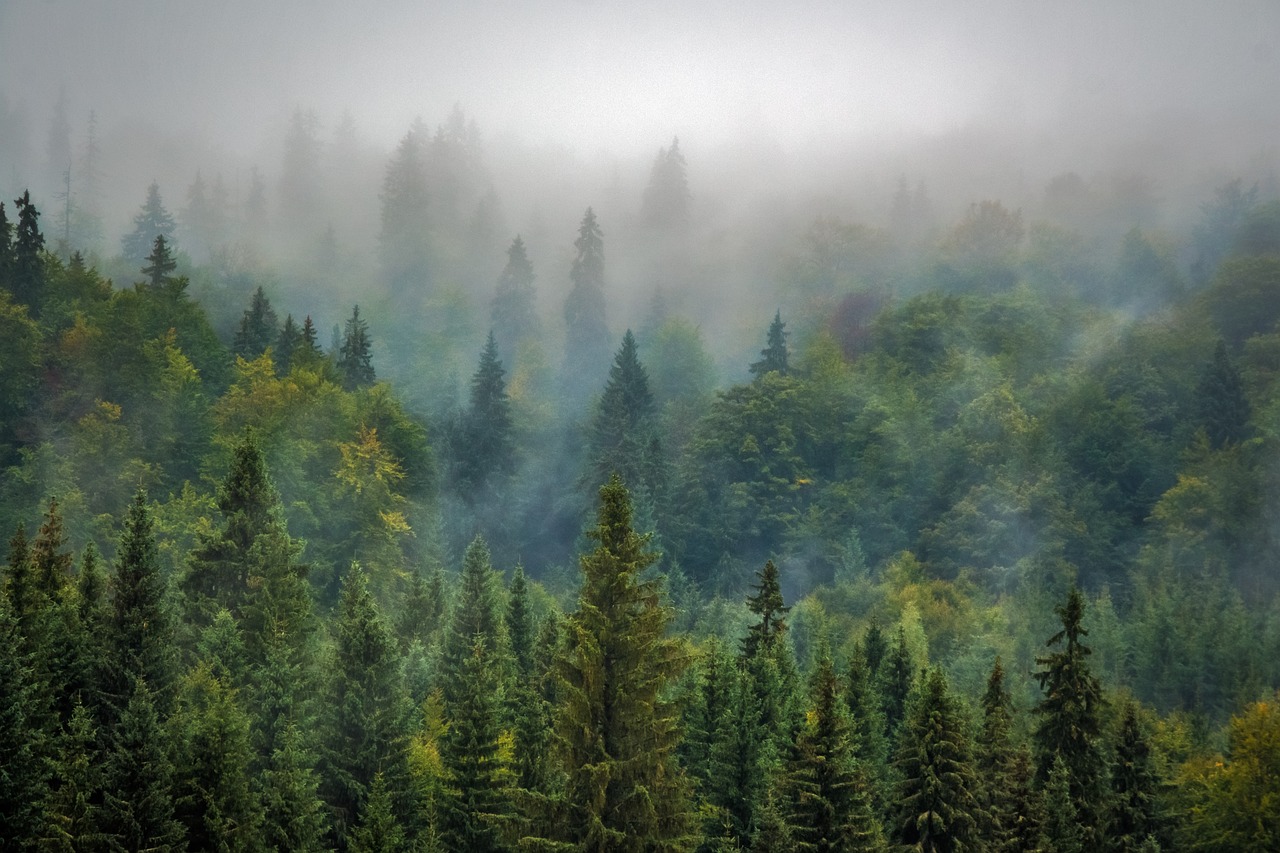
Gabon is one of the most biologically diverse places in the world, containing a vast stock of unexplored plants, which could be medicinal.

